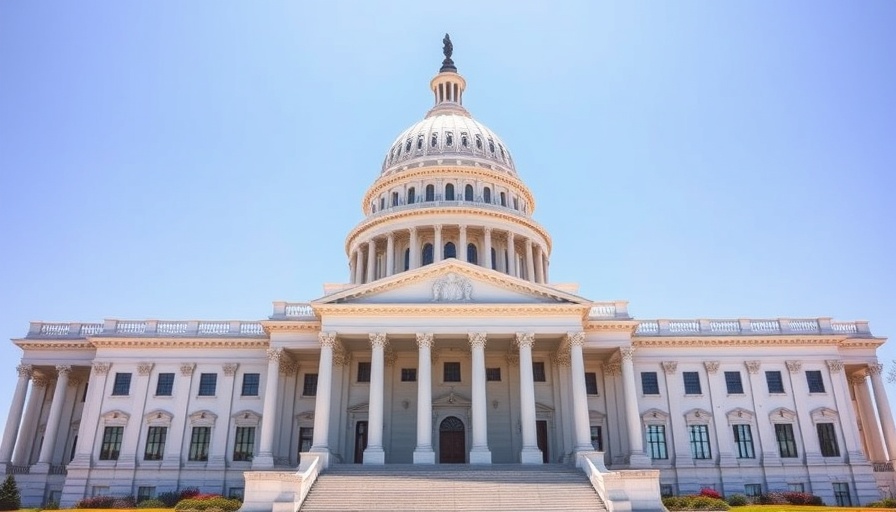
Senate Moves Toward State-Level AI Regulation Moratorium
In a significant legislative development, a Republican initiative aimed at halting state enforcement of their own artificial intelligence (AI) regulations has gained traction in the Senate. This moratorium, expressly designed to prevent states from imposing their own regulations over the next decade, was recently passed through a key procedural hurdle on Saturday. Senate Commerce Chair Ted Cruz has reportedly revised the terms of the proposal to comply with federal budgetary rules. The latest iteration of the bill stipulates that any state attempting to impose AI regulations could forfeit federal broadband funding. While the Senate Parliamentarian confirmed that this provision bypasses the stringent Byrd rule, allowing for a straightforward majority vote, the measure's ultimate approval remains uncertain.
Republican Divide on AI Regulation
The path forward for the moratorium is muddied by internal Republican divisions. Senator Marsha Blackburn from Tennessee highlighted concerns about the implications of such a moratorium, stating, "We do not need a moratorium that would prohibit our states from stepping up and protecting their citizens." This reflects a broader sentiment within the party, with various members expressing unease about ceding state rights over the complex and evolving landscape of AI technology. Representative Marjorie Taylor Greene has characterized the moratorium as a breach of state sovereignty, insisting that it should be removed as the Senate deliberates on the bill.
Broader Context of AI Regulation Efforts
Despite this push for a federal moratorium, several states are already actively pursuing their own AI regulations. California, for example, has grappled with legislative efforts surrounding AI safety. Last year, Governor Gavin Newsom vetoed a prominent AI safety bill but has since endorsed other regulatory measures focused on privacy and the use of deepfakes. Moreover, New York's AI safety bill is currently awaiting the signature of its governor, Kathy Hochul, while Utah has enacted its own transparency regulations in relation to AI technologies.
The Implications of a Federal Moratorium on State Rights
The implications of a federal moratorium on state AI regulation are significant, particularly for the concept of state rights in legislative matters. Advocates for responsible innovation in AI, such as the group Americans for Responsible Innovation, have raised alarms about the potential ramifications of the broad language within the proposal. Critics argue that its passage could dismantle a multitude of state-level safeguards designed to protect citizens, effectively creating a regulatory void that could hinder public interest in technology policy.
National Security Concerns amid Legislative Uncertainty
Supporters of the moratorium, including House Speaker Mike Johnson, contend that having uniform regulatory standards across all states is critical for ensuring national security amid the rapid advancement of AI technologies. Johnson has stressed the need for coherent federal regulation, stating, "We have to be careful not to have 50 different states regulating AI, because it has national security implications, right?" This perspective underscores a significant argument for federal oversight in order to address potential threats posed by AI on a national scale.
A Complex Legislative Landscape
As the Senate prepares to further analyze this moratorium and its potential impacts, the intricate landscape of AI regulation becomes clearer. Lawmakers must find a balance between ensuring federal oversight that addresses national security and allowing states sufficient autonomy to tailor regulations that best suit their citizens. The current discourse reflects a broader debate within American governance regarding federal versus state authority, particularly in the realm of emerging technologies.
The outcome of these deliberations will undoubtedly shape the future of AI regulation in the United States, impacting myriad stakeholders from technology companies to state governments and, ultimately, the public. With uncertainty looming, it remains a pivotal time for technology news, especially regarding how regulation might evolve to safeguard both innovation and societal interests.
 Add Row
Add Row  Add
Add 



Write A Comment